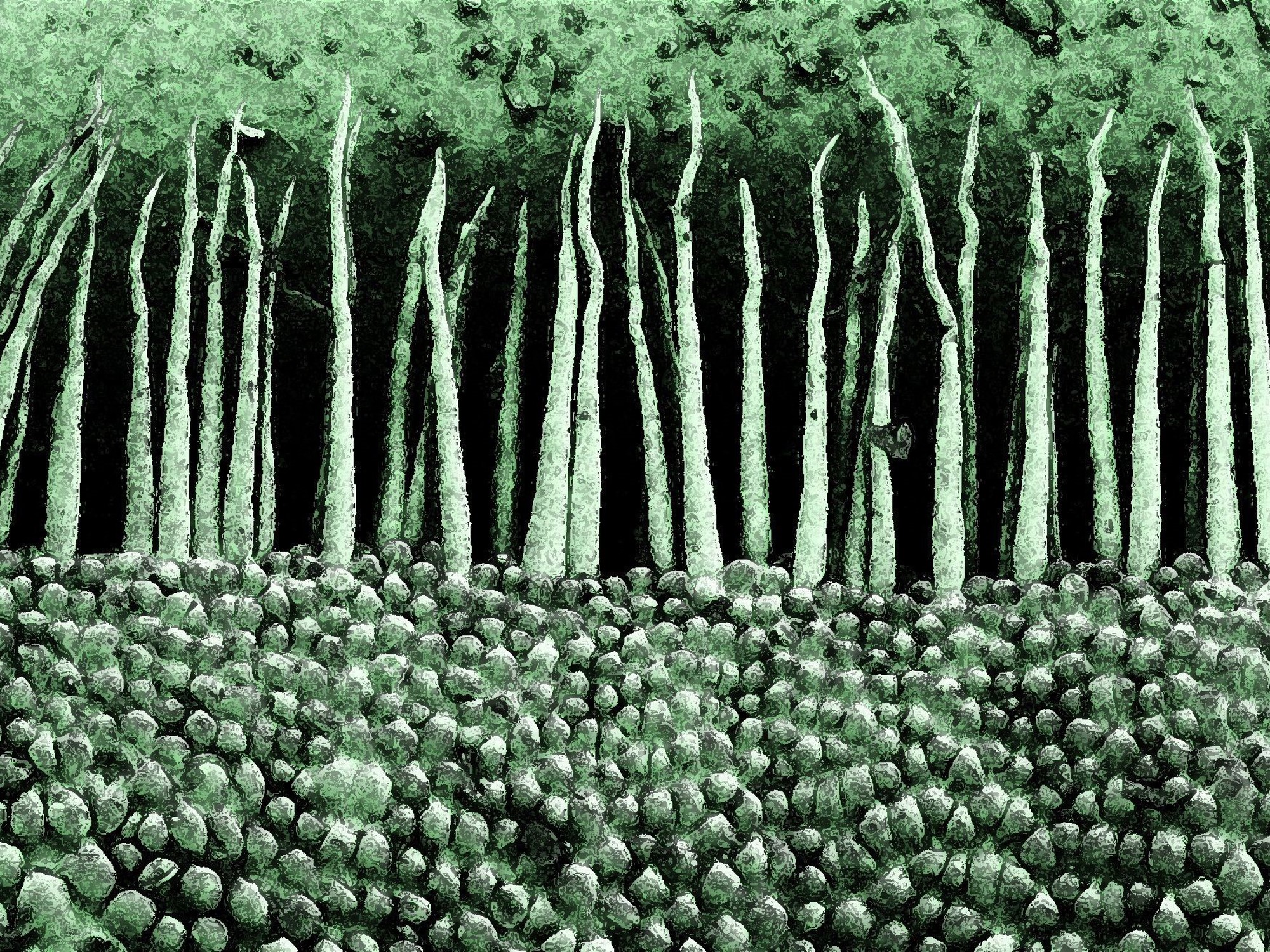The European Commission has just announced that it is recognising a framework on access and benefit sharing developed in response to the Nagoya Protocol to the Convention on Biological Diveristy (CBD) by the Consortium of European Taxonomic Facilities.
Scientists at the Royal Botanic Garden Edinburgh (RBGE) were involved in developing this Code of Conduct (CoC) and Best Practice on Access and Benefit Sharing (ABS).
The Consortium of European Taxonomic Facilities (CETAF) Code of Conduct (CoC) and Best Practices provides an overall framework to guide practitioners and researchers working within the CETAF scientific community, and beyond, in their daily work. Recognition by the EC as a ‘best practice’ credits the procedures and mechanisms developed to help CETAF-related scientists in their use of genetic resources and furnishes researchers with the appropriate tools to stay compliant with the obligations of the EC ABS Regulation.
Member institutions of CETAF are active taxonomic scientists, publishers, curators and policy advocates. Sharing the results of research and relevant information makes the collaborative work increasingly visible and widepread. This dissemination underpins CETAF’s efforts for enhancing the societal involvement in science and the social awareness of the importance of taxonomy for the sustainability of our planet.
The CETAF CoC was submitted officially for recognition as best practice to the EC under Article 8 of the Regulation on ABS no. 511/2014. After a prolonged process where the European Commission, Member States and other actors helped improving the document, the EU on 10 May 2019 with decision C92019)3380/F1 of the EC DG ENV formally recognised CETAFs CoC and placed it in the Register of Best Practices as the first and currently only entry.
Meeting ABS requirements has become a shared responsibility and biodiversity researchers need to equip themselves with appropriate tools for addressing compliance with current ABS regulations. Therefore, CETAF has been working since 2012 on developing guidelines for users of genetic resources to tackle a challenging landscape derived from a diverse set of legislative measures.
Following publication of the EU Regulation on ABS and in response to Article 20 in the Nagoya Protocol to the Convention of Biological Diversity (CBD), CETAF produced a Code of Conduct and Best Practices on Access and Benefit-Sharing that was adopted in 2015 by its community of Natural History Museums and Botanic Gardens. CETAF member institutions thus committed themselves to the CoC designed to fully support the institutional operations as collection-holding and non-commercial biological research organisations.
END

